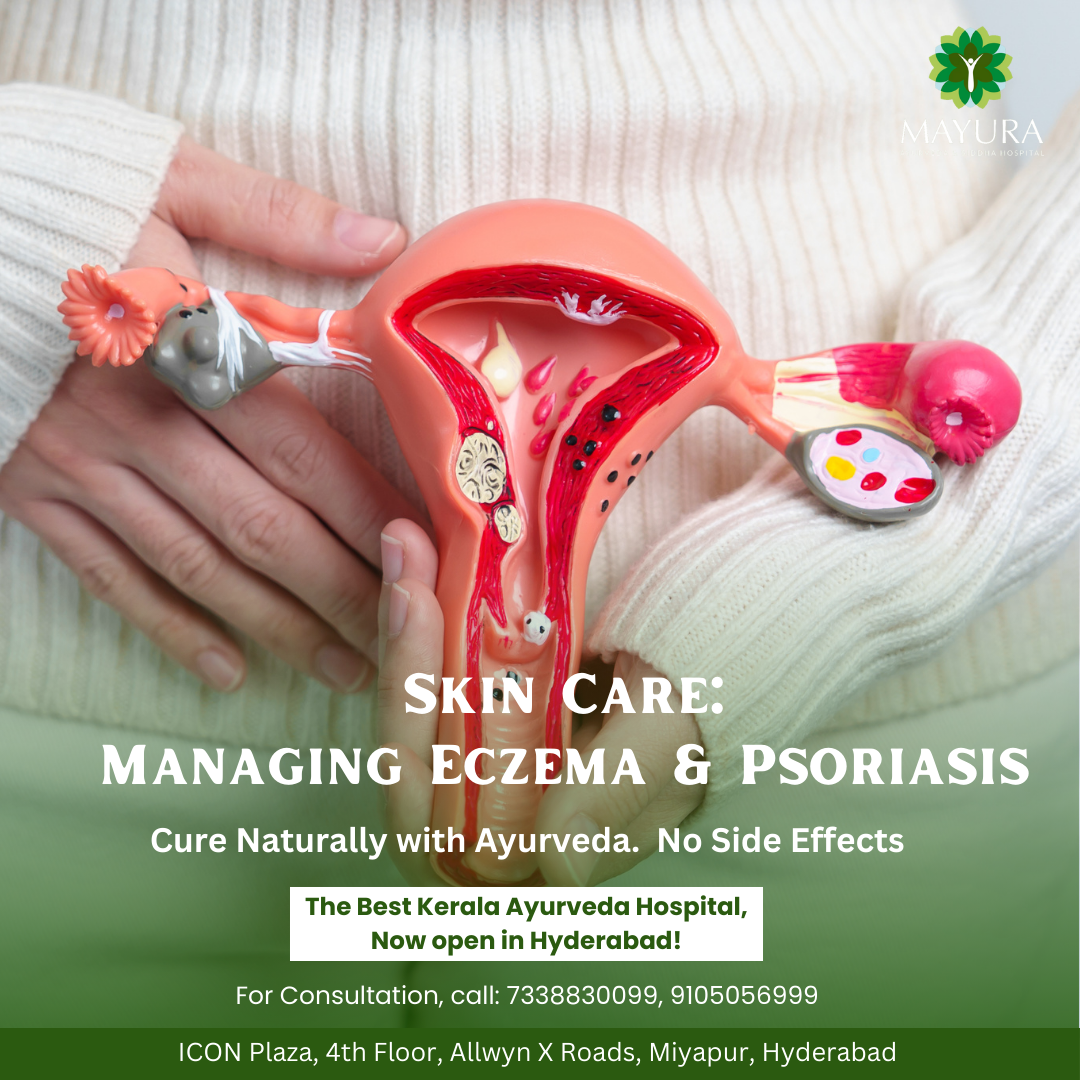Women’s Health: Endometriosis & PCOS Awareness
Women’s health is a vital aspect of overall well-being, yet conditions like endometriosis and polycystic ovary syndrome (PCOS) often remain under-discussed and misunderstood. Both endometriosis and PCOS affect millions of women worldwide, impacting their daily lives and reproductive health. Understanding these conditions is crucial for early detection, proper management, and offering support to those affected.
Endometriosis is a condition where tissue similar to the lining of the uterus grows outside the uterus. This tissue responds to hormonal changes in the menstrual cycle, causing inflammation, pain, and the formation of adhesions. Common symptoms include pelvic pain, heavy periods, painful intercourse, and infertility. Despite affecting approximately 1 in 10 women of reproductive age, endometriosis is often misdiagnosed or overlooked, leading to prolonged suffering and decreased quality of life.
Similarly, PCOS is a hormonal disorder characterized by irregular periods, excess androgen levels, and polycystic ovaries. Women with PCOS may experience symptoms such as acne, weight gain, hirsutism, and fertility issues. PCOS affects around 1 in 10 women globally and is a leading cause of female infertility. Moreover, it is often associated with other health complications such as insulin resistance, type 2 diabetes, and cardiovascular disease.
Managing endometriosis and PCOS involves a multidisciplinary approach tailored to individual needs. Treatment options may include pain management, hormonal therapy, lifestyle modifications, and surgical intervention. Early diagnosis and intervention are essential for preventing complications and improving quality of life. Moreover, raising awareness about these conditions is crucial for reducing stigma, promoting timely diagnosis, and empowering women to seek appropriate care.
Support groups, online communities, and advocacy organizations play a vital role in providing resources, information, and emotional support to individuals living with endometriosis and PCOS. These platforms offer a safe space for sharing experiences, accessing educational materials, and connecting with others facing similar challenges. Additionally, healthcare providers, educators, and policymakers must prioritize women’s health issues, advocate for research funding, and improve access to comprehensive care.
In conclusion, raising awareness about endometriosis and PCOS is essential for promoting early detection, effective management, and support for affected individuals. By fostering open conversations, challenging misconceptions, and advocating for better healthcare policies, we can create a more inclusive and supportive environment for women’s health.
















